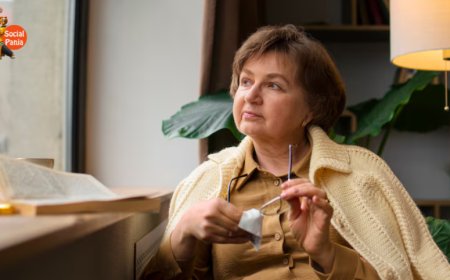Cervical Cancer Prevention: Steps Every Woman Should Take
Protect yourself from cervical cancer with these key prevention strategies including HPV vaccination and regular screening.

Preventing cervical cancer is not only possible—it’s practical and accessible with the right information and action. This type of cancer develops slowly over time and often starts with abnormal changes in the cervical cells caused by the human papillomavirus (HPV). Thankfully, modern medicine offers multiple ways to prevent it long before it becomes life-threatening.
1. Get the HPV Vaccine
HPV vaccination is a key defense against cervical cancer, offering protection against the most dangerous strains of the virus that are responsible for the majority of cases. The vaccine is recommended for girls and boys from the age of 9, ideally before they become sexually active. However, it can still be beneficial for young adults up to age 26 (and sometimes beyond, based on individual risk factors). Parents should talk to their pediatricians early to make this part of their child’s routine vaccinations.
2. Schedule Regular Cervical Screenings
Routine cervical screening is vital for early detection of cell changes that could lead to cancer. Women should begin Pap smears every three years from age 21, and from age 30, consider combining it with an HPV test every five years. These simple and mostly painless tests can be lifesaving.
3. Practice Safe Sex
Using protection like condoms and maintaining fewer sexual partners can help lower the risk of contracting HPV. Although these methods don’t guarantee complete protection, they greatly reduce the likelihood of exposure.
4. Avoid Smoking
Tobacco use compromises the immune system, making it harder for the body to eliminate HPV infections and increasing the risk of cervical abnormalities.
5. Stay Informed and Proactive
Awareness plays a big role in prevention. Talk to your healthcare provider about your risk factors, screening schedule, and whether the HPV vaccine is right for you or your children. Encourage open conversations in families and communities—knowledge can be lifesaving.
Cervical cancer stands out as one of the most preventable forms of cancer, thanks to effective vaccines, regular screening, and early medical intervention. By taking these steps and prioritizing regular healthcare visits, women can take control of their well-being and protect themselves against this highly avoidable disease.
What's Your Reaction?


















































